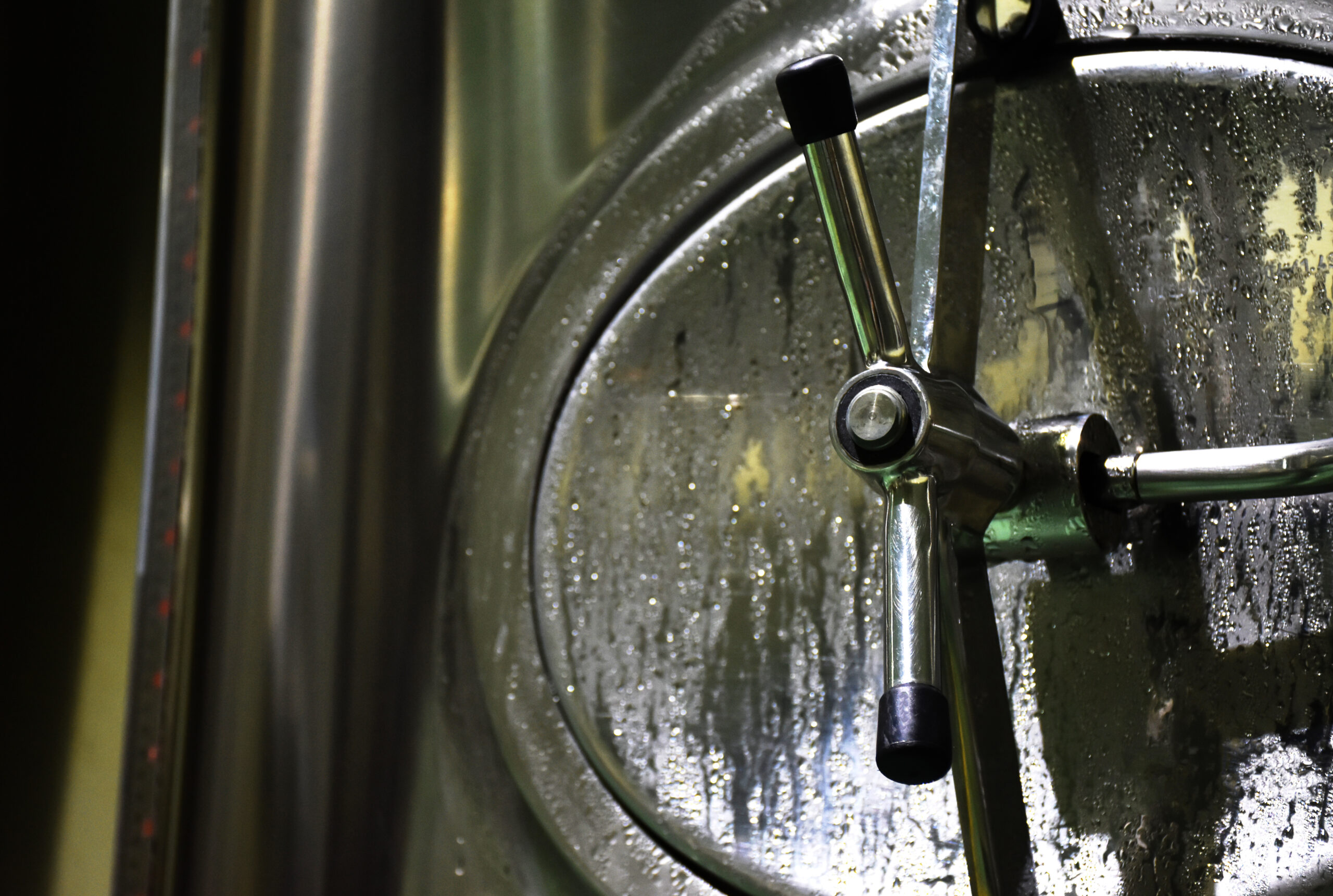Effective lubrication is critical for maintaining the performance, longevity, and reliability of industrial machinery. Among the various options, industrial grease and oil stand out as the most widely used lubricants.
Both play crucial roles in reducing friction, minimizing wear, and protecting equipment from damage. However, choosing the right lubricant requires understanding their distinct properties, advantages, and applications.
In this comprehensive guide, we’ll explore the differences between industrial grease and oil, their benefits and limitations, and how to determine the best lubricant for your equipment.
What Is Industrial Grease?
Industrial grease is a semi-solid lubricant made by combining base oil, a thickening agent (such as lithium or calcium soap), and performance-enhancing additives.
Its unique structure allows it to stay in place, making it ideal for equipment where lubrication must endure without frequent reapplication.
Key Properties of Grease
- Consistency: Grease is thick and sticky, adhering to surfaces even under challenging conditions.
- Sealing Ability: It can act as a barrier, protecting components from contaminants like water, dust, and debris.
- Durability: Grease is long-lasting and suitable for applications where relubrication is difficult.
What Is Industrial Oil?
Industrial oil is a liquid lubricant derived from mineral, synthetic, or bio-based sources. It flows easily, providing continuous lubrication to components in motion.
Oils are commonly used in systems that require heat dissipation, such as engines, gearboxes, and hydraulic systems.
Key Properties of Oil
- Fluidity: Its liquid form ensures it can reach tight spaces and provide uniform lubrication.
- Heat Dissipation: Oils can transfer heat away from critical components, preventing overheating.
- Precision: Ideal for machinery requiring exacting lubrication standards.
Industrial Grease vs. Oil: Side-by-Side Comparison
| Feature | Industrial Grease | Industrial Oil |
| State | Semi-solid | Liquid |
| Adhesion | Sticks to surfaces, even in vertical or inverted positions | Requires seals or recirculation systems |
| Applications | Low-speed, high-load, or intermittent motion | High-speed or continuous motion systems |
| Lubrication Interval | Long-lasting, less frequent reapplication | Requires regular monitoring and replenishment |
| Heat Dissipation | Limited | Excellent |
| Sealing Properties | Protects against contaminants like dust and water | Limited unless paired with additional seals |
| Ease of Monitoring | Harder to inspect visually | Easier to monitor levels and condition |
How Different Types of Oil and Grease Affect Equipment in the Long Run
The type of oil or grease used in equipment plays a critical role in determining its performance, reliability, and lifespan. Choosing the right lubricant—or the wrong one—can significantly affect machinery in the long term.
Positive Effects of Proper Lubrication
- Reduced Wear and Tear: High-quality oils and greases reduce friction between moving parts, preventing surface degradation and extending component life.
- Improved Efficiency: Lubricants tailored to specific applications minimize energy losses, ensuring smoother operation and reducing power consumption.
- Enhanced Protection: Specialty greases (e.g., water-resistant or high-temperature types) shield components from harsh conditions like moisture, dust, or extreme heat, preventing corrosion and contamination.
- Lower Maintenance Costs: Using the correct lubricants reduces the frequency of repairs and replacements, saving money over time.
Negative Effects of Incorrect Lubrication
- Accelerated Component Wear: Using the wrong oil or grease—such as a low-viscosity oil in high-load equipment—can lead to insufficient film formation, causing premature wear.
- Increased Downtime: Inappropriate lubricants can result in overheating, contamination, or failure, leading to unexpected breakdowns and costly downtime.
- Corrosion and Contamination: If a grease or oil lacks the necessary additives (e.g., rust inhibitors), it can expose components to rust, dirt, or moisture, accelerating degradation.
- Seal and Material Damage: Incompatible lubricants can degrade seals and other materials, leading to leaks and compromised performance.
Advantages of Industrial Grease
- Long-Lasting Lubrication
Grease’s thick consistency ensures it stays in place, even in challenging conditions. It reduces the need for frequent reapplication, which is particularly useful in machinery with hard-to-reach components.
- High Load-Carrying Capacity
Grease is ideal for equipment under extreme pressure, as it can absorb heavy loads without breaking down. This makes it a go-to choice for industries like construction, mining, and agriculture.
- Excellent Adhesion
Grease adheres firmly to surfaces, providing reliable lubrication in vertical or upside-down positions, where oil would simply drip away.
- Sealing Properties
By forming a protective barrier, grease shields components from contaminants like water, dirt, and debris, making it suitable for outdoor or dusty environments.
- Cost-Effective Maintenance
Since grease lasts longer and requires less frequent application, it reduces downtime and overall maintenance costs.
Advantages of Industrial Oil
- Superior Heat Dissipation
Oil efficiently carries heat away from moving parts, preventing overheating and reducing the risk of equipment failure in high-speed or high-temperature applications.
- Continuous Lubrication
Its liquid nature allows oil to circulate continuously, ensuring consistent lubrication in dynamic systems like engines and turbines.
- Reduced Friction in High-Speed Systems
In high-speed machinery, oil minimizes drag, improving energy efficiency and reducing wear.
- Cleaner Application
Oil is easier to monitor, filter, and replace, maintaining cleanliness in sensitive equipment.
- Customizable Viscosity
Industrial oils come in a wide range of viscosities, allowing precise matching to specific operational requirements.
Applications of Industrial Grease
Grease is ideal for:
- Low-Speed Equipment: Slow-moving components such as bearings, rollers, and chains.
- Heavy Loads: Machinery subjected to extreme pressure, such as mining trucks or construction cranes.
- Intermittent Use: Equipment that doesn’t run continuously but needs long-lasting lubrication, like agricultural machinery.
- Harsh Environments: Applications in dusty, wet, or corrosive conditions where sealing is critical.
Applications of Industrial Oil
Oil is best suited for:
- High-Speed Systems: Engines, turbines, and gearboxes with rapidly moving parts.
- Heat-Generating Applications: Systems that produce significant heat, such as hydraulic presses or compressors.
- Precision Lubrication: Equipment requiring exact lubrication, such as CNC machines and robotics.
- Continuous Operation: Industrial setups with 24/7 machinery, like manufacturing plants or power stations.
When to Use Grease vs. Oil
Use Grease If:
- You need long-lasting lubrication with minimal maintenance.
- Your machinery operates in high-pressure or shock-load conditions.
- The environment involves exposure to contaminants like water or dust.
- Components are hard to access for frequent lubrication.
Use Oil If:
- Heat dissipation is a priority.
- Your machinery operates at high speeds or continuously.
- Precision and cleanliness are required.
- The lubrication system includes recirculation or filtration.
Combining Grease and Oil
In some cases, a combination of grease and oil may be the optimal solution. For instance, grease can be used for bearings, while oil is applied in adjacent gearboxes.
Careful consideration of compatibility and system design is necessary to prevent cross-contamination.
Factors to Consider When Choosing the Right Lubricant
- Operating Environment: Evaluate temperature, pressure, speed, and exposure to contaminants.
- Lubrication Points: Identify whether the lubricant needs to stay in place or flow continuously.
- Maintenance Schedule: Consider the ease and frequency of reapplication.
- Manufacturer Recommendations: Always adhere to the equipment manual for specific lubrication requirements.
- Cost vs. Performance: Balance upfront costs with long-term benefits like reduced downtime and extended equipment life.
So, Which Is Better for Your Equipment?
The choice between industrial grease and oil depends on the specific needs of your equipment and operational conditions:
- Choose grease for low-speed, high-load, or intermittently used machinery, and for environments where contaminants are a concern.
- Choose oil for high-speed, continuously operating systems that generate heat and require precision lubrication.
Both lubricants are indispensable in industrial operations, and selecting the right one can significantly impact your equipment’s performance and longevity.








